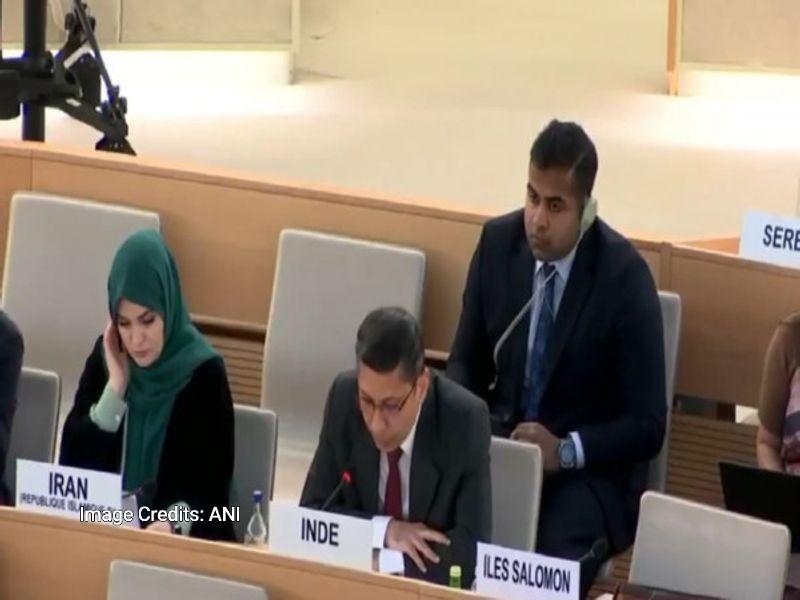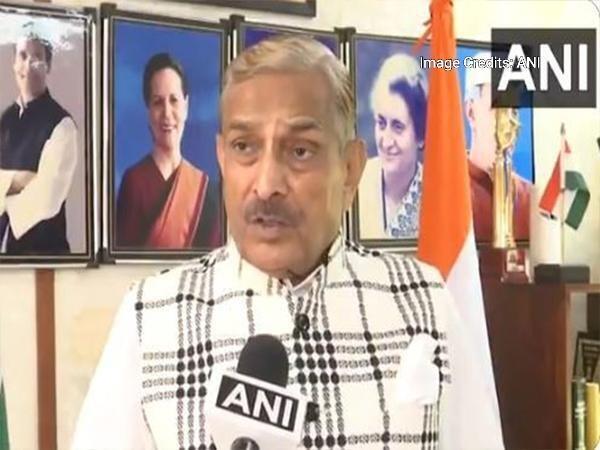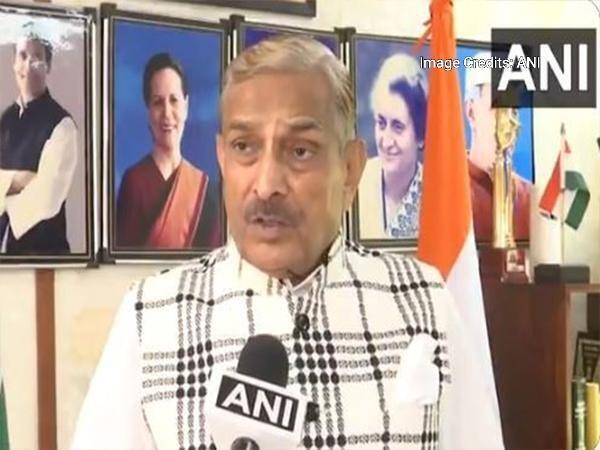
Unfounded, Baseless: India on UNHRC Chief Remarks on J&K, Manipur
India has strongly reacted to the recent remarks made by the United Nations Human Rights Chief, Volker Türk, on Jammu and Kashmir (J&K) and Manipur. The Indian government has termed the statement as “unfounded and baseless”, rejecting the allegations of human rights violations and restrictions on freedoms in the two regions.
The UNHRC chief’s statement, made during a session of the Human Rights Council, expressed concerns over the situation in J&K, particularly the restrictive laws in place, and called for addressing the violence in Manipur. However, India’s permanent representative to the UN, Arindam Bagchi, strongly countered the remarks, stating that they were “cherry-picking” and did not reflect the reality on the ground.
“We reject the unfounded and baseless allegations made by the UNHRC chief,” Bagchi said. “The world’s largest democracy continues to be a healthy, vibrant, and pluralistic society.” He emphasized that India was committed to protecting the rights and freedoms of its citizens, and that the government was taking all necessary steps to ensure the security and well-being of the people.
The UNHRC chief’s statement had expressed concern over the situation in J&K, particularly the restrictions on freedoms and the lack of access to basic amenities such as healthcare and education. The statement also highlighted the reported cases of human rights violations, including alleged extrajudicial killings and enforced disappearances.
However, India has consistently maintained that the situation in J&K is peaceful and that the government has taken all necessary steps to ensure the security and well-being of the people. The government has also pointed out that the restrictions in place are necessary to prevent terrorism and maintain law and order in the region.
Regarding Manipur, the UNHRC chief’s statement expressed concern over the reported cases of violence and human rights violations in the state. However, India has rejected these allegations, stating that they are exaggerated and do not reflect the reality on the ground.
“The situation in Manipur is under control, and the government is taking all necessary steps to ensure the security and well-being of the people,” Bagchi said. “We urge the UNHRC chief to visit India and see the situation for himself.”
India’s reaction to the UNHRC chief’s statement is not surprising, given the country’s long-standing commitment to protecting the rights and freedoms of its citizens. The government has consistently maintained that it is committed to promoting and protecting human rights, and that it is taking all necessary steps to ensure the security and well-being of the people.
The UNHRC chief’s statement is not the first instance of the international community expressing concerns over the situation in J&K and Manipur. However, India has consistently rejected these allegations, stating that they are unfounded and baseless.
In recent years, India has made significant progress in promoting and protecting human rights, and the country has been recognized for its efforts by the international community. The government has taken several initiatives to promote human rights, including the establishment of the National Human Rights Commission and the creation of a National Commission for Protection of Child Rights.
In conclusion, India’s reaction to the UNHRC chief’s statement is a clear indication of the country’s commitment to protecting the rights and freedoms of its citizens. The government has consistently maintained that the situation in J&K and Manipur is peaceful, and that the restrictions in place are necessary to prevent terrorism and maintain law and order in the region. India urges the UNHRC chief to visit the country and see the situation for himself, rather than relying on unfounded and baseless allegations.





